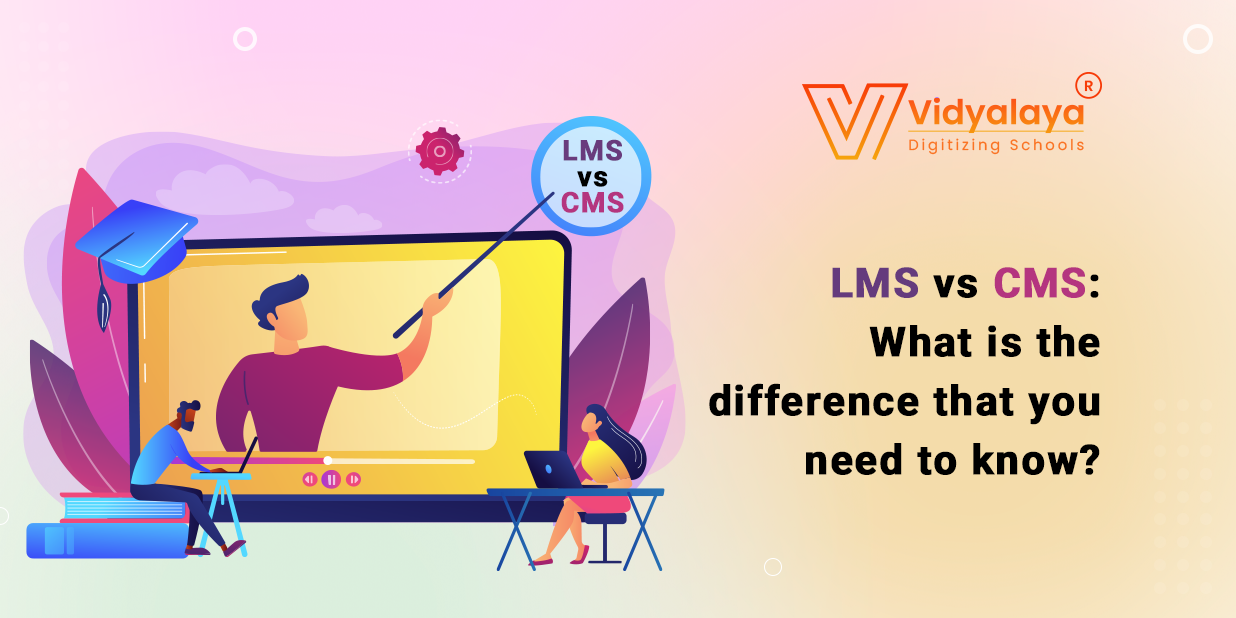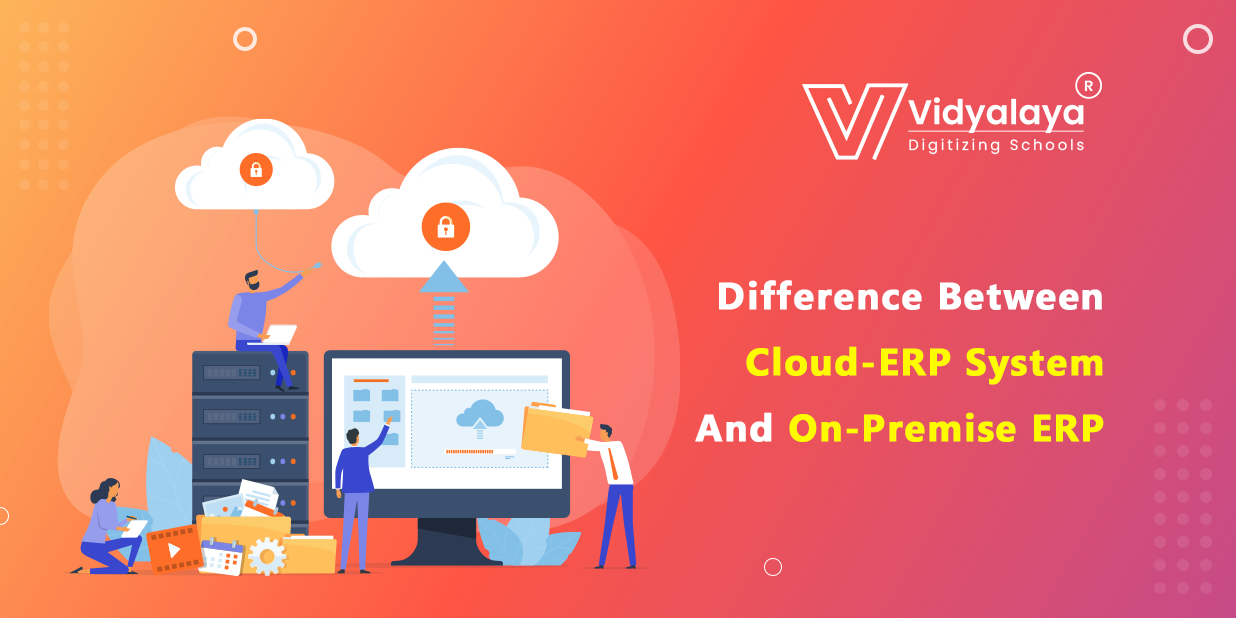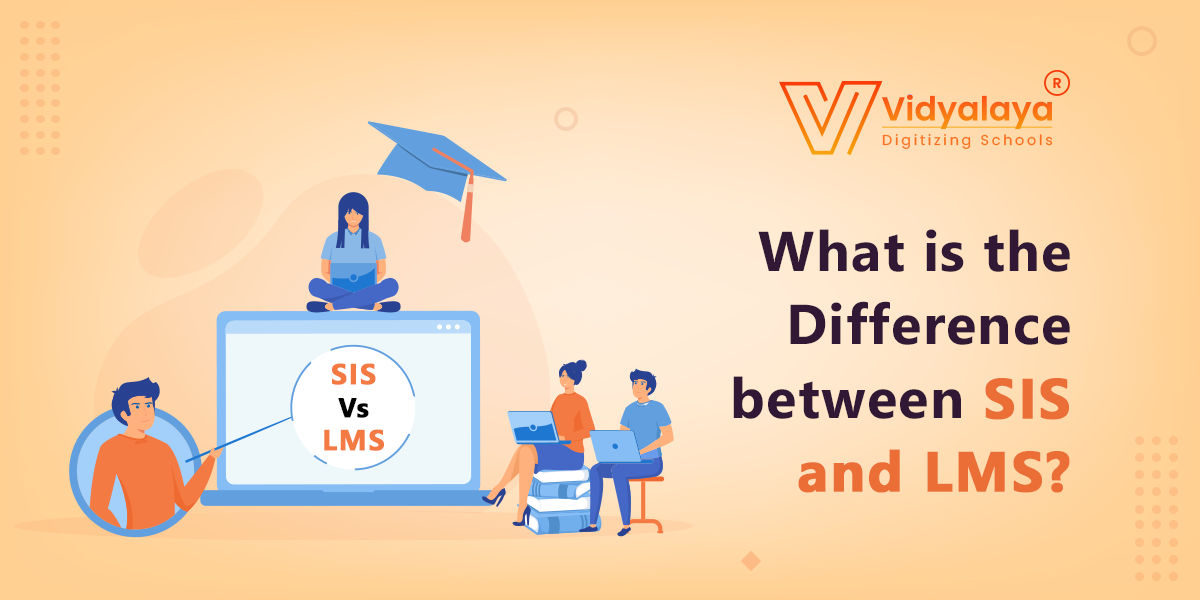While reading educational blogs, one may come across terms like Learning management system, CMS, and ERP often. However, their importance for the education industry is undoubtful, one who is unaware may get confused between them. Both LMS and CMS have become integral parts of today’s education system, unless you are a technophile, you may remain in wonder state about both terms sounding similar. Online learning has spread its wings so well that no one has remained untouched by this term. If your institute is also starting its journey into online learning, it is imperative for you to identify whether LMS or CMS will make a perfect fit for your requirements. To do this, one must understand the difference between these two.
What is a Learning Management System?
A Learning Management System is a software application that handles, plans, implements, and evaluates online learning strategies and processes. Thus, this platform identifies the teaching gaps and can help in rectifying the learning methodologies. Learning management system make learning seamless as they design personalized learning paths and self-paced microlearning. Generally, a learning management system software has two elements: a server that serves the functionality and an easy user interface to establish communication between user and server.
What is a Content Management System?
Content Management System commonly referred to as CMS is a software that manages various types of content and offers a centralized all aspects of content. A content management system has two components, the interface which allows users to manage content, and another is CDA, or a content delivery application which looks after the compilation and update of the website. Generally, a school management system consists of a good content management system to serve the users. As education resources can be effectively presented in various forms like images, text, audio, video, and graphics, educational institutes insist on integrated CMS in school ERP.
LMS and CMS: How are they different?
A Learning management system and CMS share some similarities that may overlap each other’s functionality. The similarities may cover the following aspects:
- Ability to create and manage online content
- Multiple user support
- Ability to grow or shrink as per requirements
- Feature to user login and course management
But along with these, there are some major differences between these two software. Here are they:
|
Learning Management System (LMS) |
Content Management System (CMS) |
|
|
|
|
|
|
|
|
|
|
|
|
|
|
|
|
LMS or CMS: Which one is the Best for you?
It is a little tricky to choose between LMS or CMS, but your clear understanding of what to do with your online content hides the answer to the question. Both learning management systems and CMS help to create, store, and manage digital content in a structured way. But the core purpose of both systems can help you to make decisions. If your requirements deal with academic training and interactive activities, then LMS is the best option for you. And, if your requirements deal with organizing a large volume of data and making it available for multiple users, then you should go with CMS.
Summing up!
Learning Management systems and CMS may share a few similarities and differ in different aspects. Based on your requirements, one can go further with any of these. Whichever option you choose, ensure you have all must-have features in your kitty so that you get all the need for content or LMS at one stop.
Vidyalaya, a leading EdTech provider which served for more than a decade, facilitates both products. Learning management systems and CMS both hit the most-demanding education software list. Once you know what LMS and CMS can do for you, it will become easy for you to pick the right one. Our Education ERP software contains both modules so that you don’t have to look for other third-party vendors to fulfill your requirements. Just draft a mail or dial our contact number to get connected with us!





















